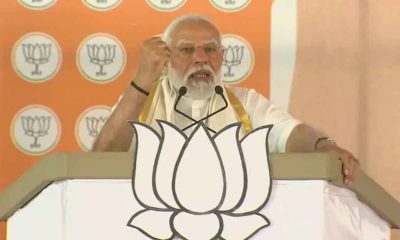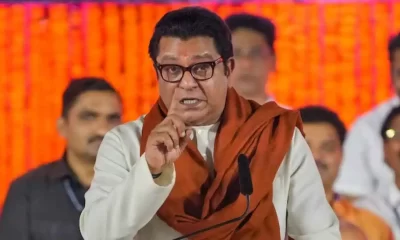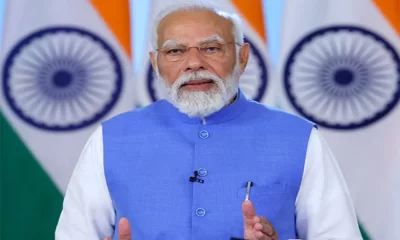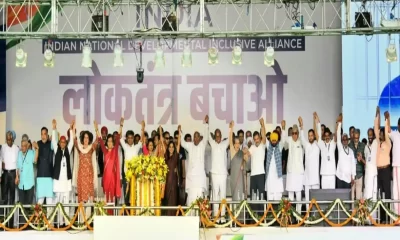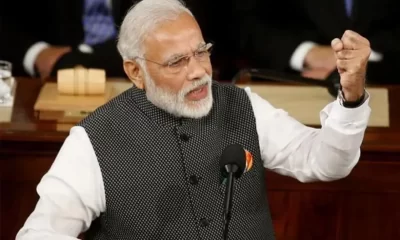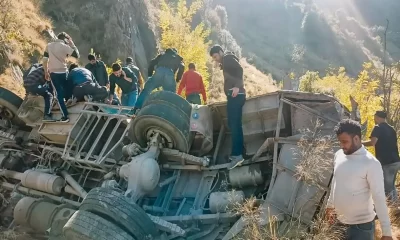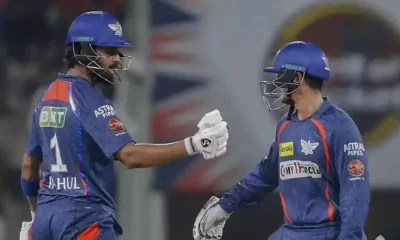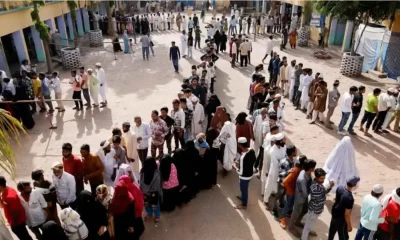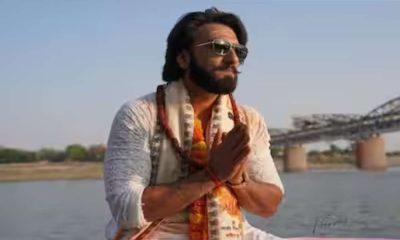Latest Politics News
India ignores US warnings to sign S-400 air defence system deal with Russia
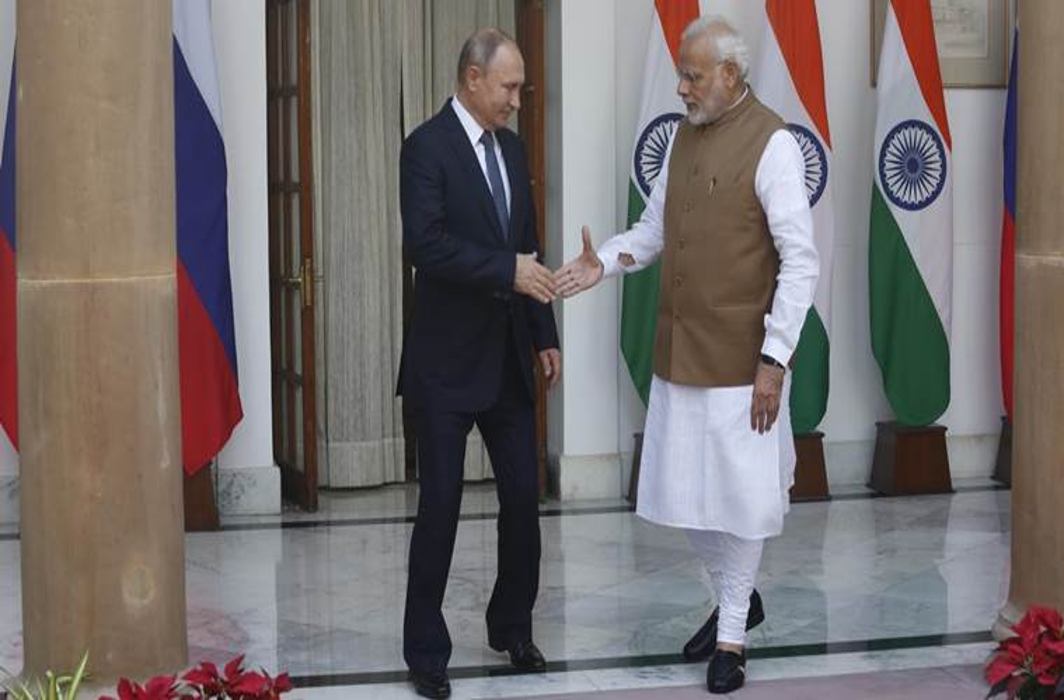
India and Russia signed the USD 5 billion S-400 air defence system deal among a total of eight pacts, in New Delhi today (Friday, October 5), after wide ranging talks between Prime Minister Narendra Modi and President Vladimir Putin who is on a two-day visit to India.
The signing of defence deal between the two countries comes amid warnings from US.
India and Russia signed eight pacts in areas ranging from space, nuclear energy, railways and space. A crucial MoU was signed between Indian Space Research Organization (ISRO) and the Federal Space Agency of Russia ‘ROSCOSMOS’ on cooperation on India’s ambitious human space mission project Gaganyaan.
The two countries have also set a target of $30 billion bilateral trade by 2025.
The deal for purchase of five S-400 missile defence systems could result in US sanctions under the Countering America’s Adversaries Through Sanctions Act (CAATSA) instituted by the US Congress on arms purchases from Russia. The US has urged its allies to forgo transactions with Russia, warning that the S-400 missile defence system that India wanted to buy would be a ‘focus area’ for it to implement punitive sanctions against a nation undertaking ‘significant’ business deals with the Russians. American lawmakers, however, have allowed the possibility of a presidential waiver.
The S-400 air defence missile system is seen as crucial for India in the case of a two-front war. India was considering buying 5 units. Indian military analysts say the S-400 surface-to-air missiles would be used to protect large cities or other strategic areas such as oilfields from aerial attacks.
A bulk of India’s military equipment is of Soviet/Russian origin — including the nuclear submarine INS Chakra, the supersonic Brahmos cruise missile, MiG and Sukhoi fighters, the Il transport aircraft, the T-72 and T-90 tanks, and the Vikramaditya aircraft carrier, reported The Indian Express.
While India has a long history of signing big ticket defence deals with Russia, this deal comes at a time of increased friction between the US and Russia and New Delhi’s own deepening defence cooperation with Washington. Just weeks ago, New Delhi and Washington signed several breakthrough security co-operation agreements that enabled transfers of sensitive US military equipment to India.
On the eve of Putin’s visit, Washington made a last-ditch attempt to discourage India from proceeding with the deal.
“We urge all allies and partners to forgo transactions with Russia that would trigger sanctions under Countering America’s Adversaries Through Sanctions Act,” said a US state department official, adding that the Trump administration’s decision to sanction the Chinese military for buying Russian fighter jets and missiles “underscores the seriousness of our resolve on this issue”.
The US has warned the deals could attract sanctions under the CAATSA law that restricts defence purchases from Russia, Iran and North Korea. US officials have stated that under CAATSA, it is payments and not signing of deals that triggers the sanctions. But as per procedure, when a deal is signed payment to the tune 10-15 per cent of the contract value is made.
“In this deal, 15 per cent advance payment would be done,” an official has confirmed adding that payments would be through rupee-rouble exchange.
Putin visit
Russian President Vladimir Putin arrived in India on Thursday for the two-day annual India-Russia bilateral summit. He held official talks with Prime Minister Narendra Modi on Friday, after which the leaders delivered a joint statement.
The Russian head of the state, who was accompanied by a high-level delegation, was received by External Affairs Minister Sushma Swaraj in New Delhi yesterday. PM Modi had hosted a private dinner for the Russian president at his official residence at 7, Lok Kalyan Marg on Thursday night, and both leaders talked about a host of issues.
Speaking on Indo-Russia ties, PM Modi said to the Russian President: “We must continue cooperation in international organisations.” He added that there will be an increase in ties between the two countries after today’s discussion, and help increase peace and stability in this world in these challenging times. “I can say with full confidence, that our friendship is unique,” he said as he concluded his speech.
“Your visit has helped our ties. Today, the decisions we have taken will give impetus to our relations. From trade, investment, technology and energy, to economic cooperation, our relations are now diversified,” PM Modi said. “We have taken ties beyond the conventional dimension. Russia has always stood by India,” he added.
Prime Minister Narendra Modi said that Russia can become our partner in the new and renewable energy sector. He said that the world has changed but the relationship between India and Russia has remained same and the trade between the two countries has risen to 20 per cent in 2017-18.
“We don’t leave a chance to meet each other. The world is changing, but the friendship between India and Russia never changed,” said PM Modi at India-Russia Business Summit. He said that over the previous years, India’s ties with Russia are at a new high.
Talks with President Putin have given new direction to the bilateral strategic partnership, Modi said in a press statement after the 19th India-Russia annual summit.
India and Russia are committed to cooperating in the fight against terrorism, Modi said.
PM Modi said the meeting in Sochi made it possible to have detailed discussions today. India gives priority to ties with Russia. In this fast-changing world, our relations are more relevant, he added.
PM Modi had met Putin in Sochi for their first informal summit after Putin’s re-election in May. During the meeting, Modi had Putin had talked defence, and cooperation between the countries. They reiterated the significance of their military, security and nuclear energy ties. They had agreed to work together through multilateral organisations such as the United Nations, SCO, BRICS and G-20. In July, the two met on the sidelines of the BRICS Summit in Johannesburg. They had held comprehensive discussions on bilateral issues of mutual interest, especially in trade, investment, energy, defence and tourism.
President Putin said the two countries have agreed to step up cooperation in combating the menace of terrorism and drug trafficking.
“Our relations go beyond military hardware and military exchanges. We paid attention to humanitarian response mechanisms,” Putin said addressing the press.
He also extended an invite to PM Modi to Vladivostok for a business summit in September 2019.
Putin said: “We will strengthen cooperation in industry and investment, agriculture, medicine, pharmaceuticals etc. A Russian railways company will help India build modern railroads, Russia will assist India in exploring outerspace, etc. For decades, Russia and India has been cooperating in the area of defence. Russia and India concur at international platforms on key issues, including coordination at UN, BRICS, SCO and G20. We will combat terrorism threats, drug trafficking and transborder crime.”
Russia pitched for Indian energy companies to invest in its country. Putin said he and Modi have discussed in detail Kudankulam nuclear power plant in Tamil Nadu – the fourth and fifth units of the plant are being constructed and the fourth and fifth will be constructed next. He adds that according to India’s agreement with Russia, 12 units will be built in the next 20 years.
Mutual trade grew by 21% last year exceeding USD 9 billion, and this year it has been 20%, said Putin. “If we proceed moving at this pace, we will reach our goal faster,” he said. He invited Modi to Russia as its main guest at the Vladivostok Forum in Sept 2019.
President Putin said India is where Russia finds friendship, mutual respect and sympathy. The joint statement outlines plans and prospects for a long time, he added. The documents signed today aim to develop ties between the countries.
2024 Lok Sabha Elections
Lok Sabha Elections: Voter turnout 62.02% in Tamil Nadu till 5pm
The voter turnout in Tamil Nadu stands at 62.02%, while Uttar Pradesh records a turnout of 57.5%. Meanwhile, in West Bengal, voter participation surges to 77.5% as of 5 pm.
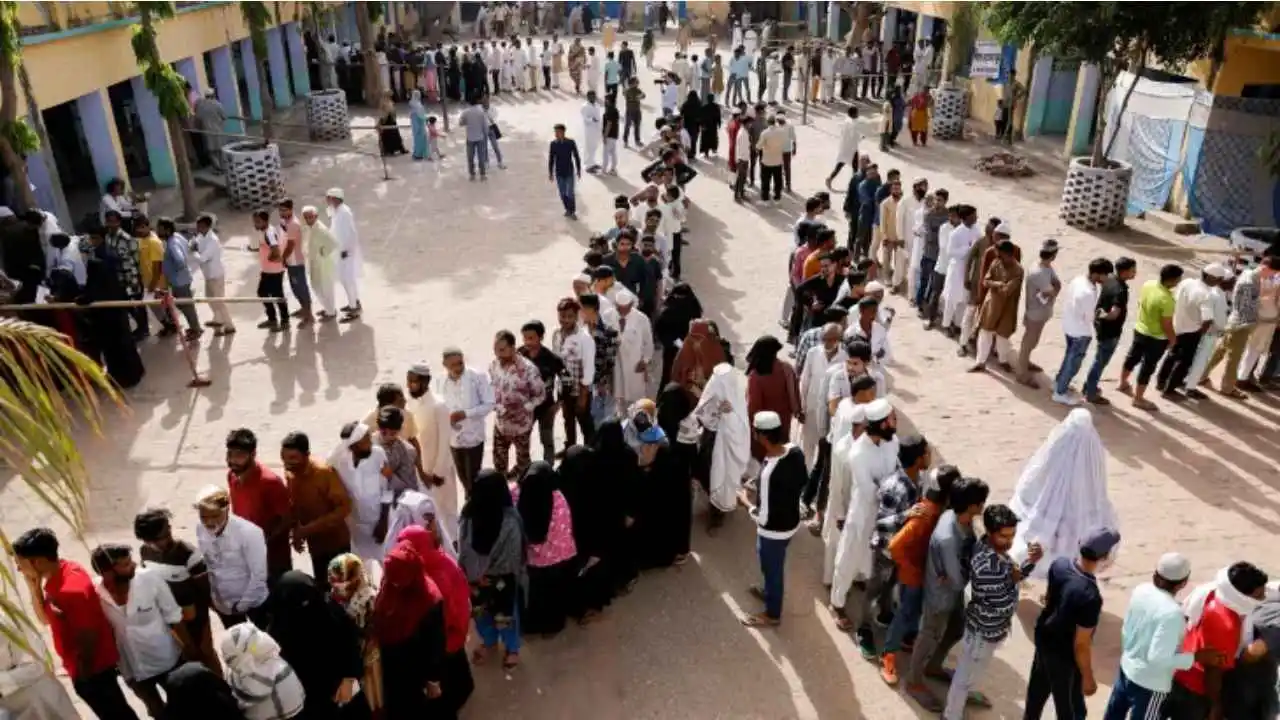
The Lok Sabha elections 2024 began today, marking the onset of the world’s largest electoral event. Voting ended in all 39 Lok Sabha constituencies in Tamil Nadu with a total voter turnout of 62.02%. State BJP chief and Coimbatore Lok Sabha constituency candidate K Annamalai said, they were getting complaints from a large number of voters that their names were missing from the voters’ list.
This incident happened in many places. Annamalai said they are demanding re-poll in places where the names of a large number of voters were missing.He said they had a doubt that there was some political interference because the names of a large number of BJP caders were missing from the voters list.
The voters in South Chennai showed lukewarm interest to participate in the election process and had a total voter turnout of 57.04% till 5pm. Although the overall percentage is poor, some areas like Thiruvanmiyur witnessed brisk polling from 7am onwards. Elderly, middle aged and young voters turned up and it was a family outing for many as they cast their vote.
Corporation volunteers assisted senior citizens with wheelchairs and guided them to their respective polling booths. The hot weather also had an impact on the polling as it reduced the voter turnout as many booths in the corporation school in MGR Nagar were seen deserted around noon. Senior citizens showed courage as they reached the polling booths in private vehicles to exercise their franchise.
Most of the polling booths had shamianas for voters so that they could wait in a queue. Some people even found refuge in the nearby buildings to save themselves from the scorching heat. The polling officials gave instructions to the voters to keep their phones switched off while they exercised their franchise. The security personnel at the polling booth also regulated traffic outside the polling booth in MGR Nagar.
2024 Lok Sabha Elections
Deserted by key supporters, the Kamal Nath story looks set to wind to an end in Chhindwara
Nath’s closest allies in his near 50-year reign—Deepak Saxena and Kamlesh Shah—have deserted him. His local team of corporators has also decided to jump ship leaving a gaping hole in Nath’s campaign trail.
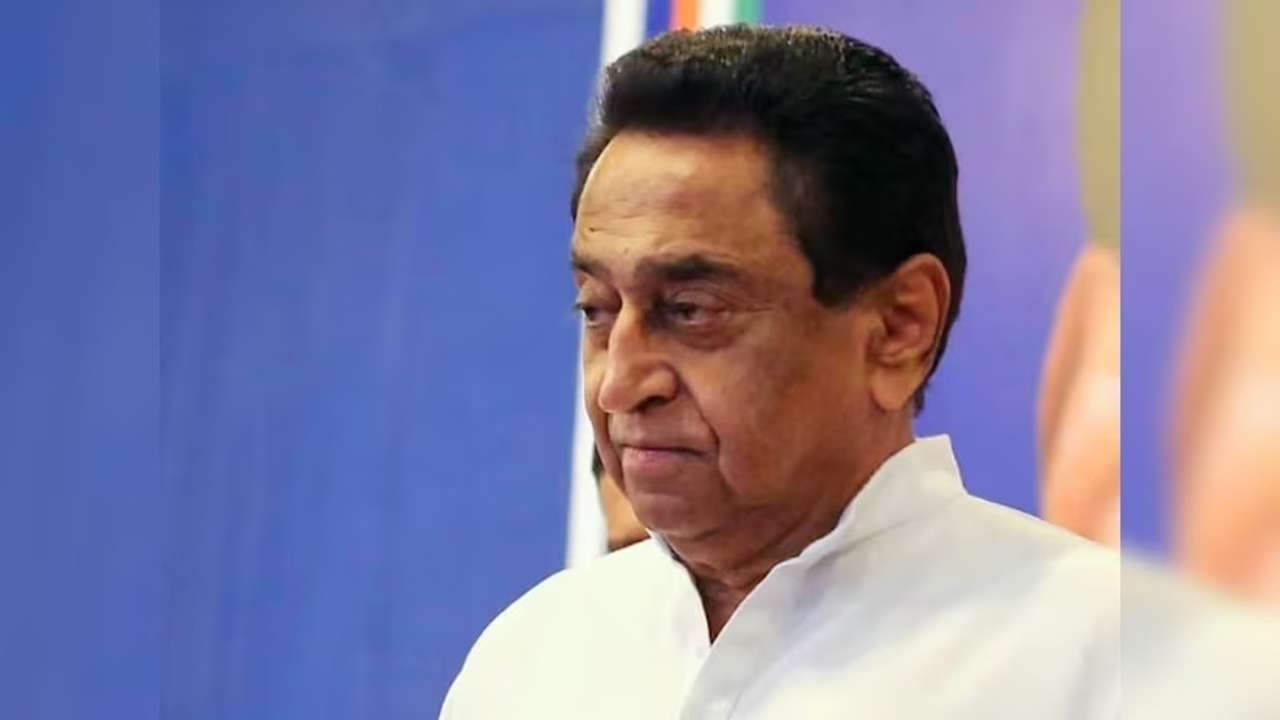
By Neeraj Mishra
The Congress has lost Chhindwara only once since Independence when the wily Sunderlal Patwa was sent there by Atal Bihari Vajpayee to test Kamal Nath’s hold on the constituency. Patwa won the 1997 by-election by a slim margin in the backdrop of Nath having forced his wife to first contest and later vacate the seat for him. Nath, however, returned to his winning ways the very next year and has won the seat nine times.
It seems possible that Chhindwara, the lone surviving Congress seat, will be lost again this time and may be forever. A day ahead of polling, the town was drowned in saffron. Not so much the effect of vigorous campaigning by Vivek Sahu of the BJP but the Ram Navami festival which brought out saffron flags on every rooftop. The effect is likely to last since the polling is today. At 77, Nath is unlikely to contest another election here and his son Nakul seems like a pale shadow of his father unable to even make a forceful speech. The days of running Chhindwara from Shikarpur kothi are gone.
Nath’s closest allies in his near 50-year reign—Deepak Saxena and Kamlesh Shah—have deserted him. His local team of corporators has also decided to jump ship leaving a gaping hole in Nath’s campaign trail. Nakul had won by a margin of 37,000 votes in 2019 and the biggest lead had come from Kamlesh’s Amarwada Assembly segment. With Saxena in control of Chhindwara and forced to show his strength in his new party, it is highly likely that Nakul will not be depending on these segments. Instead, the Congress campaign was focused on Pandhurna, Parasia and Chaurai.
Amit Shah was in the region a couple of days ago and warned all BJP workers—old and new—against lethargy. His message was clear, the BJP wants all 29 seats this time. Cabinet Minister Kailash Vijayvargiya is camped here and using all his political acumen for the desired results. One such tactic was to raid the Shikarpur Kothi of Kamal Nath for his assistant Miglani who handles almost everything for him. With Miglani temporarily neutralised, BJP is best placed to repeat its win in Chhindwara in 1997.
2024 Lok Sabha Elections
Lok Sabha elections 2024: Amit Shah files nomination from Gandhinagar
The Union Home Minister Amit Shah was accompanied by Gujarat CM Bhupendra Patel.
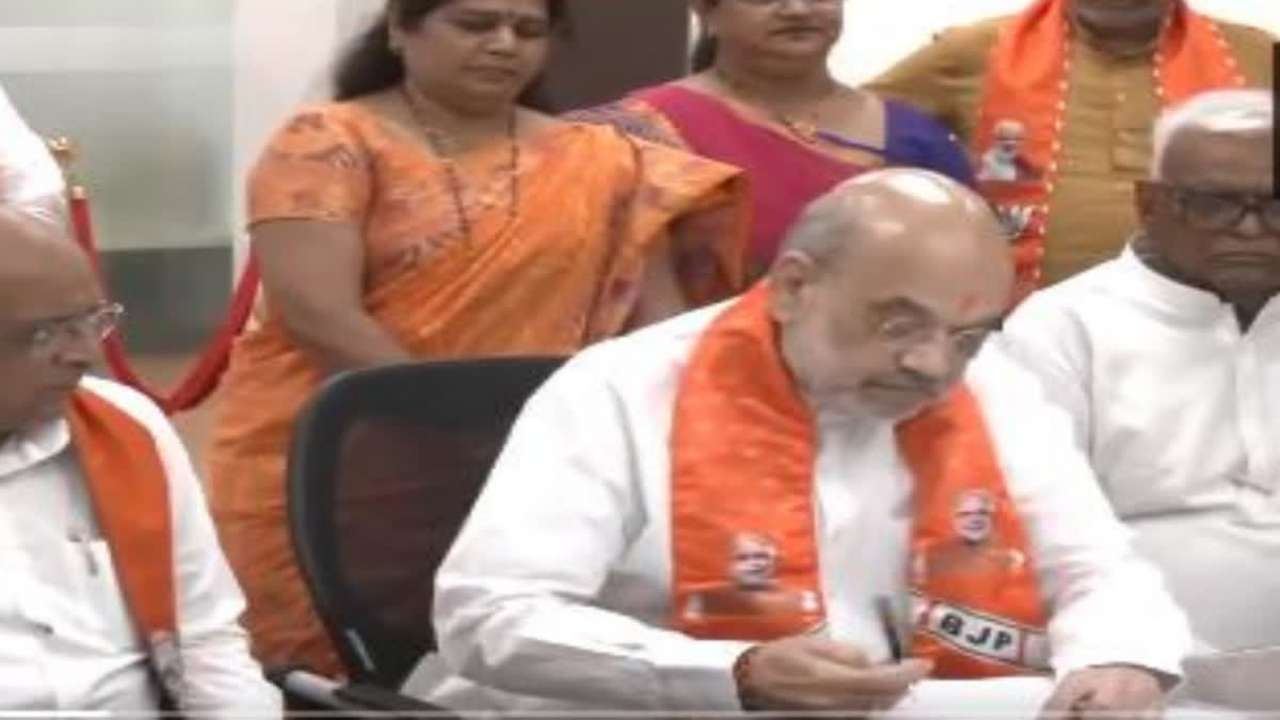
Ahead of the upcoming general elections, the Union Home Minister Amit Shah submitted his nomination today from Gandhinagar Lok Sabha constituency. During his nomination, Gujarat Chief Minister Bhuperndra Patel accompained him.
Former deputy prime minister and BJP chief LK Advani, who earlier served as a representative of this seat during Shah’s successful run for re-election.
Soon after filing nomination, Shah said, today he has submitted his nomination from the Gandhinagar seat. He said it is a matter of pride for him that this seat was represented by the former Prime Minister Atal Bihari Vajpayee, LK Advani and the seat where Narendra Modi himself is a voter. He also said he has been an MLA and MP from this seat for 30 years. The people of this region have given him immense love, Shah said.
With an astounding vote share of 69.67 percent in the 2019 Lok Sabha elections, Shah maintained the BJP’s stronghold in Gandhinagar with a resounding victory. Election turnout has been consistently high in the city.
In 1984–85, Amit Shah joined the BJP. His political skills and organizational prowess were recognized, and he soon became the national treasurer of the Bhartiya Janata Yuva Morcha.
Amit Shah’s political career took a significant turn in 1991.
Shah became the national president of the BJP in 2014, and he was promoted to the position of Home Minister five years later.
In the context of Indian politics, Gandhinagar is a historical landmark. The former prime minister Atal Bihari Vajpayee, won seats from Gandhinagar and Lucknow in the 1996 Lok Sabha elections. However, he decided to stay to his Lucknow seat, opening the door for other leaders to set their mark in Gandhinagar.
Meanwhile, Congress has fielded its party secretary Sonal Patel from Gandhinagar.
Gujarat is scheduled to go for a single phase of elections on May 7. The results of the election will be announced on June 4.
-

 Entertainment21 hours ago
Entertainment21 hours agoDo Aur Do Pyaar social media review: Social media users say Vidya Balan, Pratik Gandhi deliver standout performances in this adorable film
-
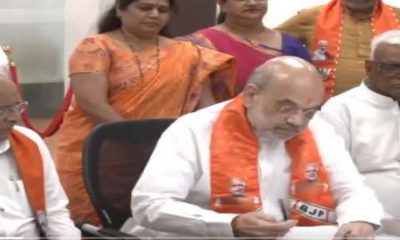
 2024 Lok Sabha Elections22 hours ago
2024 Lok Sabha Elections22 hours agoLok Sabha elections 2024: Amit Shah files nomination from Gandhinagar
-

 Entertainment23 hours ago
Entertainment23 hours agoYami Gautam starrer Article 370 releases on Netflix today
-
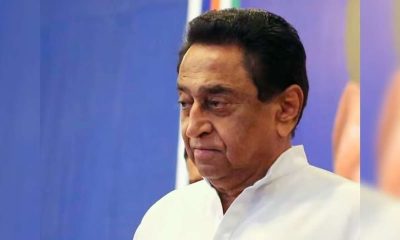
 2024 Lok Sabha Elections18 hours ago
2024 Lok Sabha Elections18 hours agoDeserted by key supporters, the Kamal Nath story looks set to wind to an end in Chhindwara
-
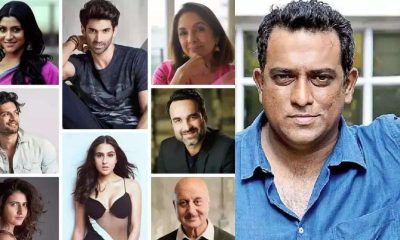
 Entertainment20 hours ago
Entertainment20 hours agoAditya Roy Kapur, Sara Ali Khan’s Metro In Dino to release this November
-
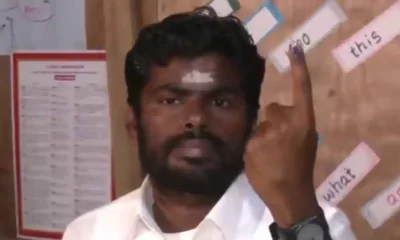
 2024 Lok Sabha Elections24 hours ago
2024 Lok Sabha Elections24 hours agoTamil Nadu BJP chief K Annamalai says party will sweep Karnataka and emerge victorious in Telangana, accuses DMK, AIADMK of influencing voters in Coimbatore
-
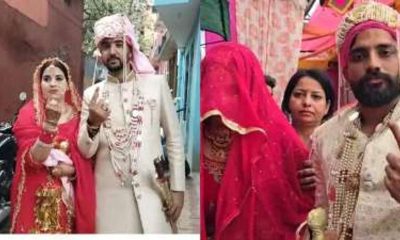
 2024 Lok Sabha Elections24 hours ago
2024 Lok Sabha Elections24 hours agoLok Sabha elections 2024: Newly married couple cast vote in Jammu and Kashmir’s Udhampur, video goes viral
-
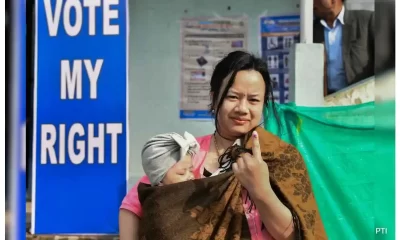
 2024 Lok Sabha Elections20 hours ago
2024 Lok Sabha Elections20 hours agoLok Sabha Elections 2024: Nearly 40% voter turnout till 1pm

